I am trying to recreate a staff members Excel work in SQL to save time and also drive reporting.
In their spreadsheet, they take 2 time values, minus the smallest from the largest to arrive at a difference, convert that time value to a serialised time value:
They then sum that serial integer to define performance calculations.
Is there a conversion or similar process in SQL that can return the same/similar serial time value so I can perform equivalent calculations (or has anyone experience with a function that achieves this)?
I have tried the following line in the code (based on the Excel DateTime explanation here) and the value isn't the same result as Excel...
datediff(MINUTE,cf_pick_pack.date_start, cf_pick_pack.date_end) * (convert(float,1.00000000/1440)) as 'duration_serial'
SQL returns 0.00902777^, which is short of the 0.00923611 that Excel returns.
